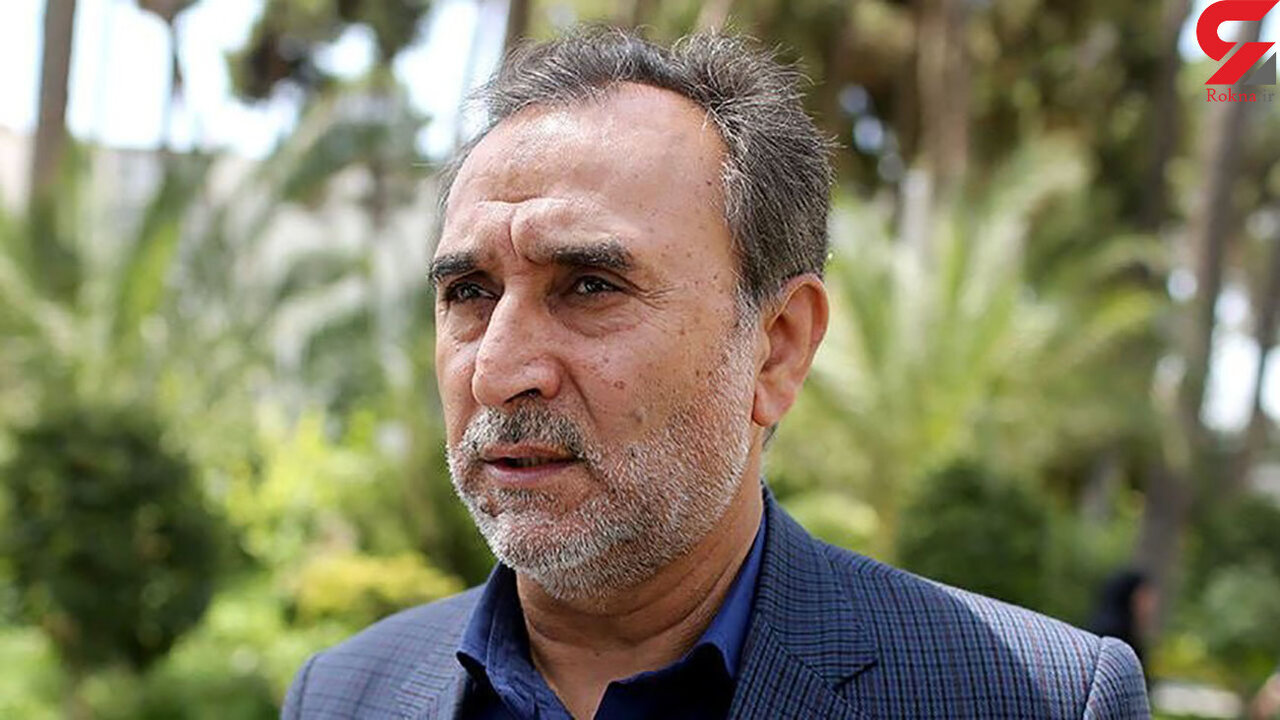Parliamentary approval required for BRICS membership: VP

TEHRAN – Iran's Vice President for Legal Affairs Mohammad Dehghan has asserted that joining the BRICS bloc necessitates a bill and subsequent approval from the Iranian Parliament.
Dehghan elaborated on the legal procedures involved in joining BRICS, stating that relevant institutions shoulder the responsibility of initiating the process. He drew parallels with Iran's accession to the Shanghai Cooperation Organization (SCO), emphasizing that 50 documents were prepared in collaboration with the Ministry of Foreign Affairs and presented to the Parliament for approval. Ultimately, the Parliament endorsed the bill, paving the way for Iran's official entry into the SCO.
Addressing the specific requirements and obligations associated with BRICS membership, Dehghan underscored the role of relevant institutions in drafting and submitting a bill to the government.
He reiterated that the government will take the necessary steps once the Central Bank of Iran (CBI) and the Ministry of Foreign Affairs forward the bill, which will then be presented to the Parliament for final approval.
The BRICS group, comprised of Brazil, Russia, India, China, and South Africa, established in 2009, has emerged as a significant force shaping global economic discussions.
Iran, alongside Argentina, Egypt, Ethiopia, the UAE, and Saudi Arabia, has received an invitation to join this influential bloc. Their anticipated full membership, official from January 1, 2024, marks a substantial shift in the geopolitical landscape.
Earlier in January, Iran’s Foreign Ministry spokesman, Nasser Kanaani, noted that Tehran is considered a full member of the bloc.
Addressing reporters at a weekly press conference, Kanaani added that “the BRICS group has gained more weight with the addition of new members. One of the outcomes of improving Iran’s international status is its membership in the BRICS.”
Also, on the same date, South Africa’s representative in the BRICS group of emerging economies, Anil Sooklal, stated that Iran, Saudi Arabia, the United Arab Emirates, Egypt, and Ethiopia will join the bloc on January 1, 2024.
At the recent BRICS meeting, which took place in Durban, South Africa, early in December, Sooklal underlined —referring to the attendance of high-ranking representatives of Iran, Saudi Arabia, the United Arab Emirates, Egypt, and Ethiopia— that the number of BRICS members will double with the addition of these nations.
He went on to add that the next conference of the economic group is scheduled for January 30 in Moscow, and it is expected that representatives of the new BRICS members will be there.
In an interview with Sputnik, Iran's Deputy Foreign Minister for Political Affairs, Ali Bagheri Kani, emphasized Iran's commitment, alongside other BRICS members, to actively pursue de-dollarization across various economic sectors.
Bagheri Kani highlighted the focus on trade, economic collaborations, and financial exchanges within this influential coalition of major economies.
He emphasized ongoing initiatives and expressed optimism about reinforcing these efforts to swiftly achieve their objectives.
Bagheri Kani underscored the importance of collaborative efforts, signaling a unified commitment within BRICS to reducing dependency on the dollar.
He clarified that the initiatives aim to establish a framework fostering economic autonomy and resilience among member nations.
